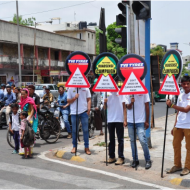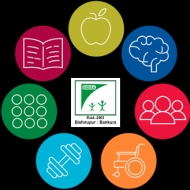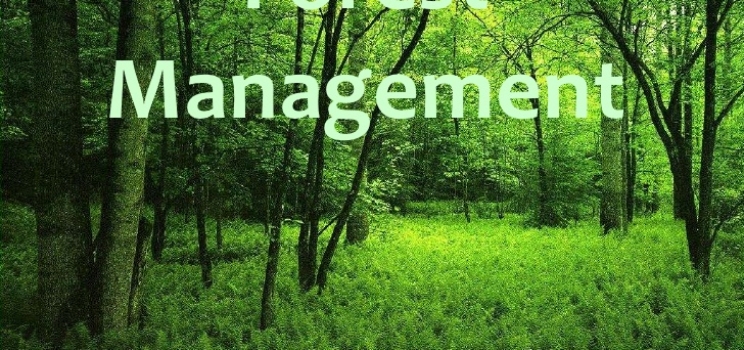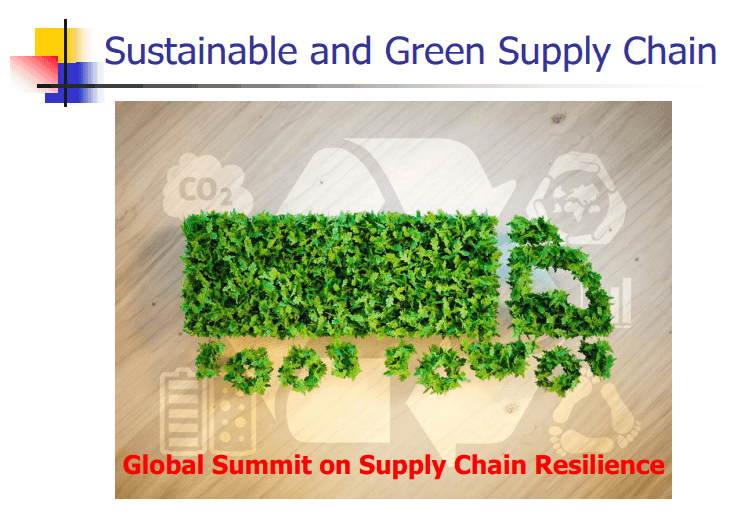community health Management
The WHO defines community health as: environmental, social, and economic resources to sustain emotional and physical well being among people in ways that advance their aspirations and satisfy their needs in their unique environment. Community health tends to focus on a defined geographical community. Community health centres, also referred to as community health services (CHSs), […]
Book Distribution 2019
This year we arrange book distribution for school students.
Forest Management
There is an urgent need for bringing to halt the ecological degradation in the form of deforestation which in turn results in soil erosion, desertification and harmful climatic conditions. Forest management aims at efficient management of forests in such a way that the needs of the present generation be met without affecting the ability of […]
Food Relief Program by Bidisa 2020
Sustainable and green supply chain Click here or image to read full details
Skill Development
Introduction 1.1 Skills and knowledge are the driving forces of economic growth and social development for any country. Mission Objectives The Mission seeks to: 3.1 Create an end-to-end implementation framework for skill development, which provides opportunities for life-long learning. This includes: incorporation of skilling in the school curriculum, providing opportunities for quality long and short-term […]
Cultural Heritage
Cultural heritage is the legacy of physical artefacts and intangible attributes of a group or a society that are inherited from past generations, maintained in the present and bestowed for the benefit of future generations. Examples of tangible cultural heritage include traditional clothing, tools, buildings, artwork, monuments, and modes of transportation. Intangible cultural heritage refers […]






